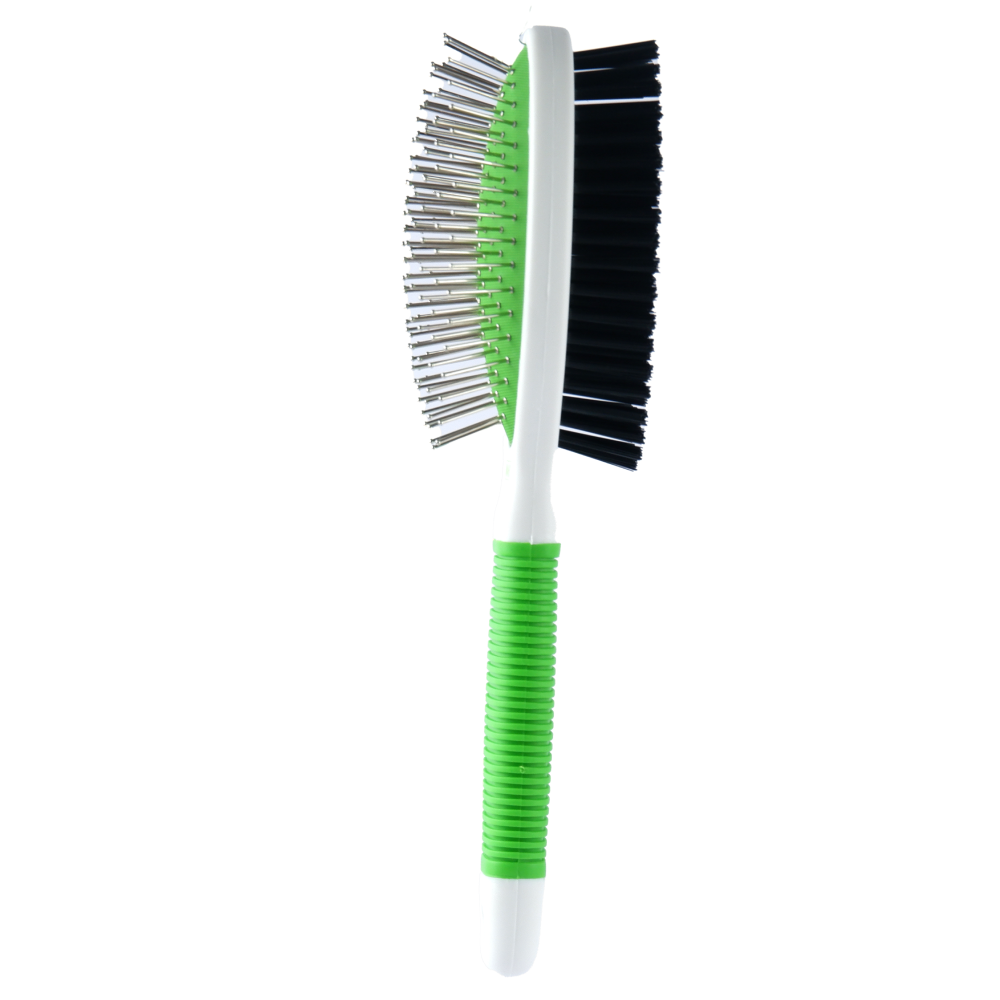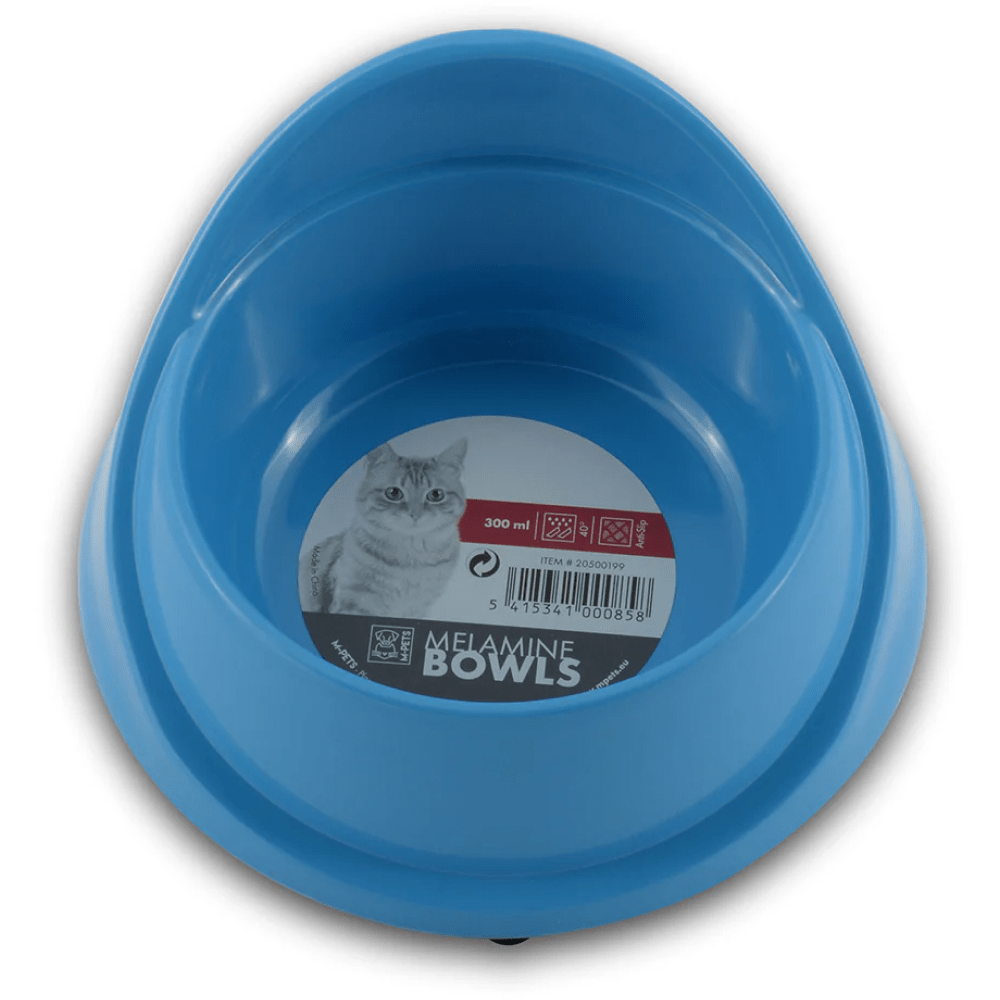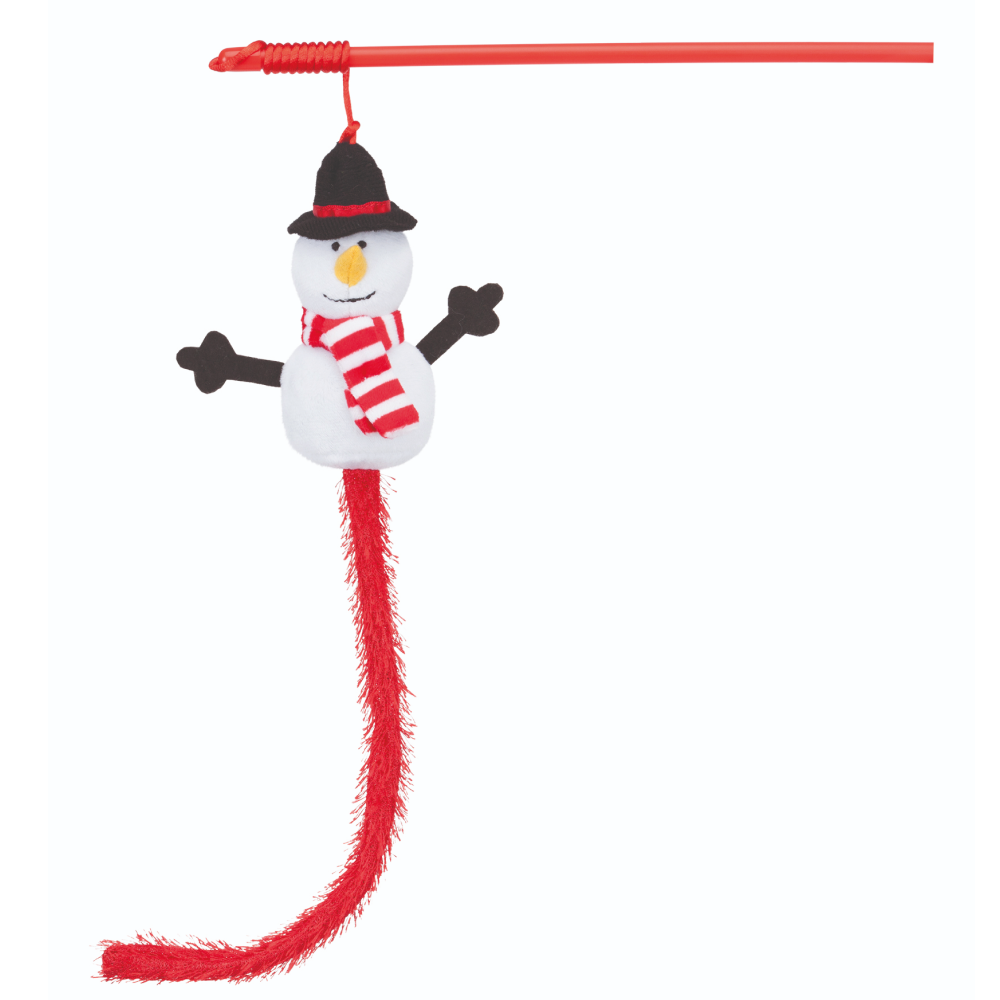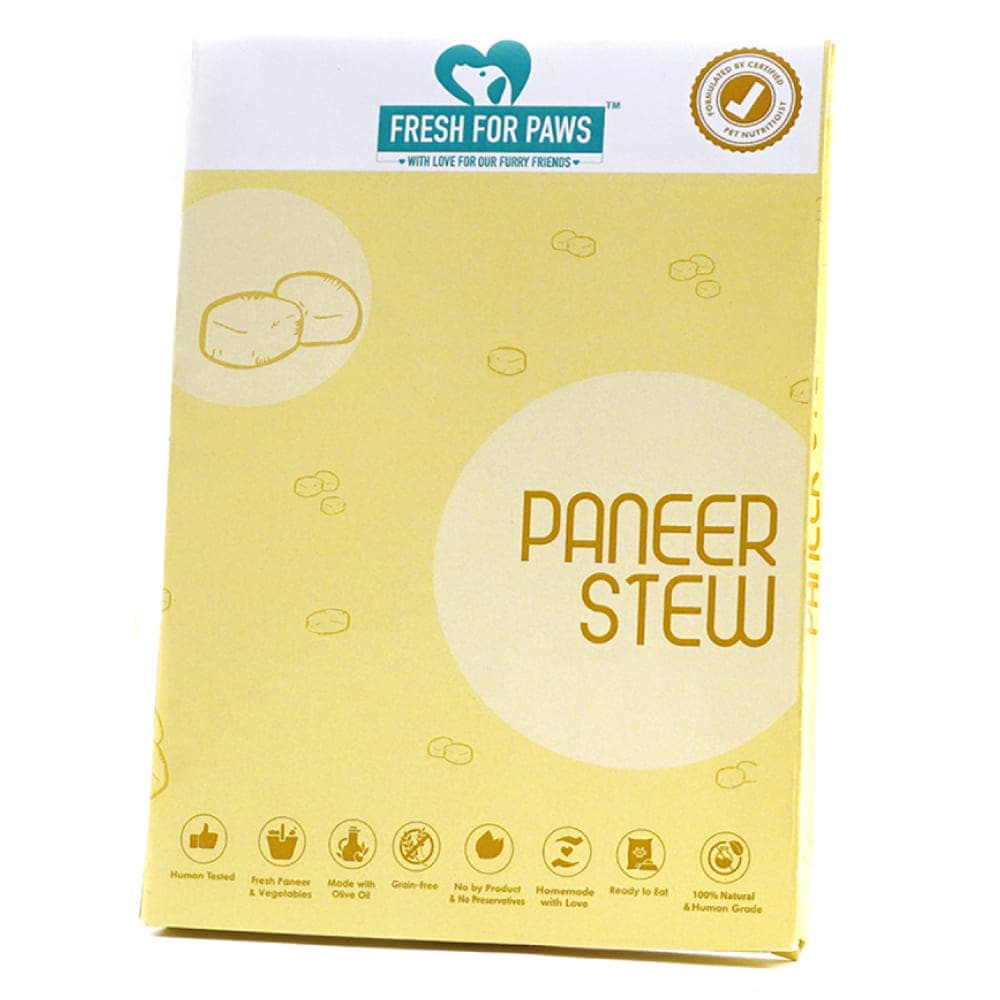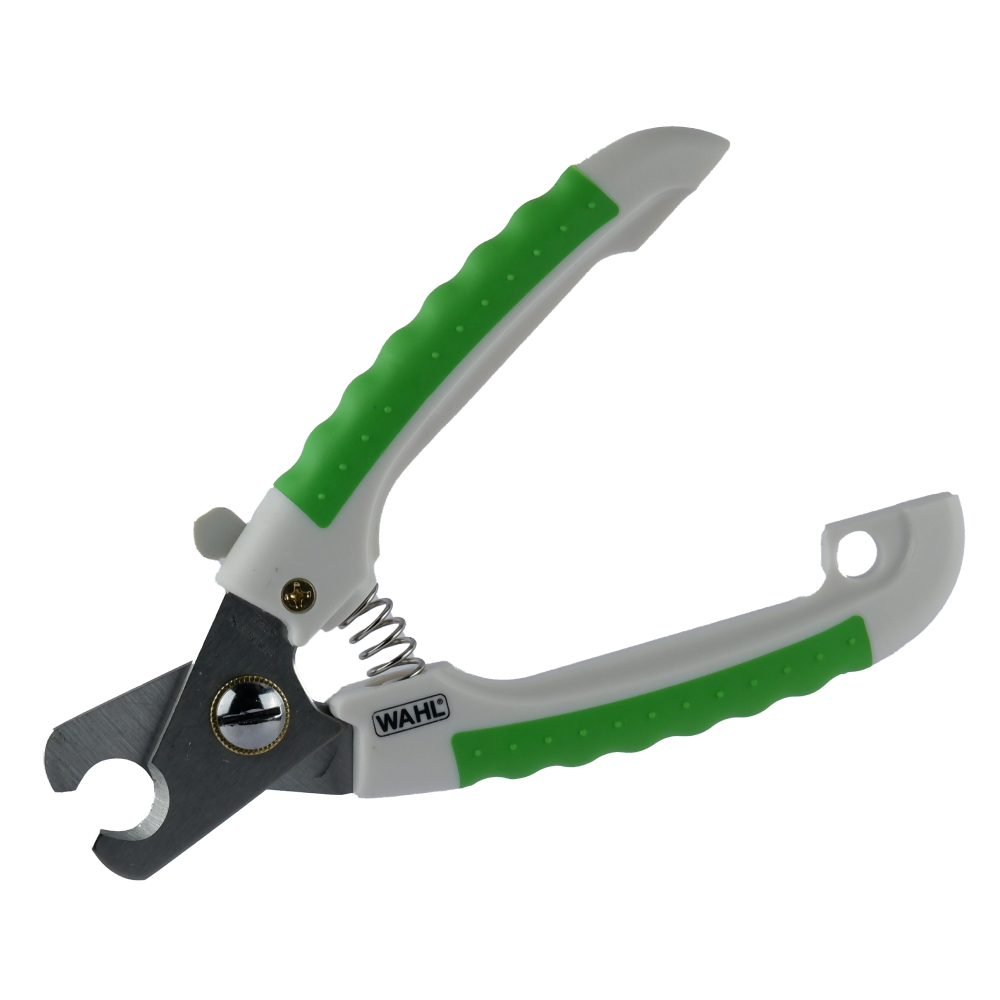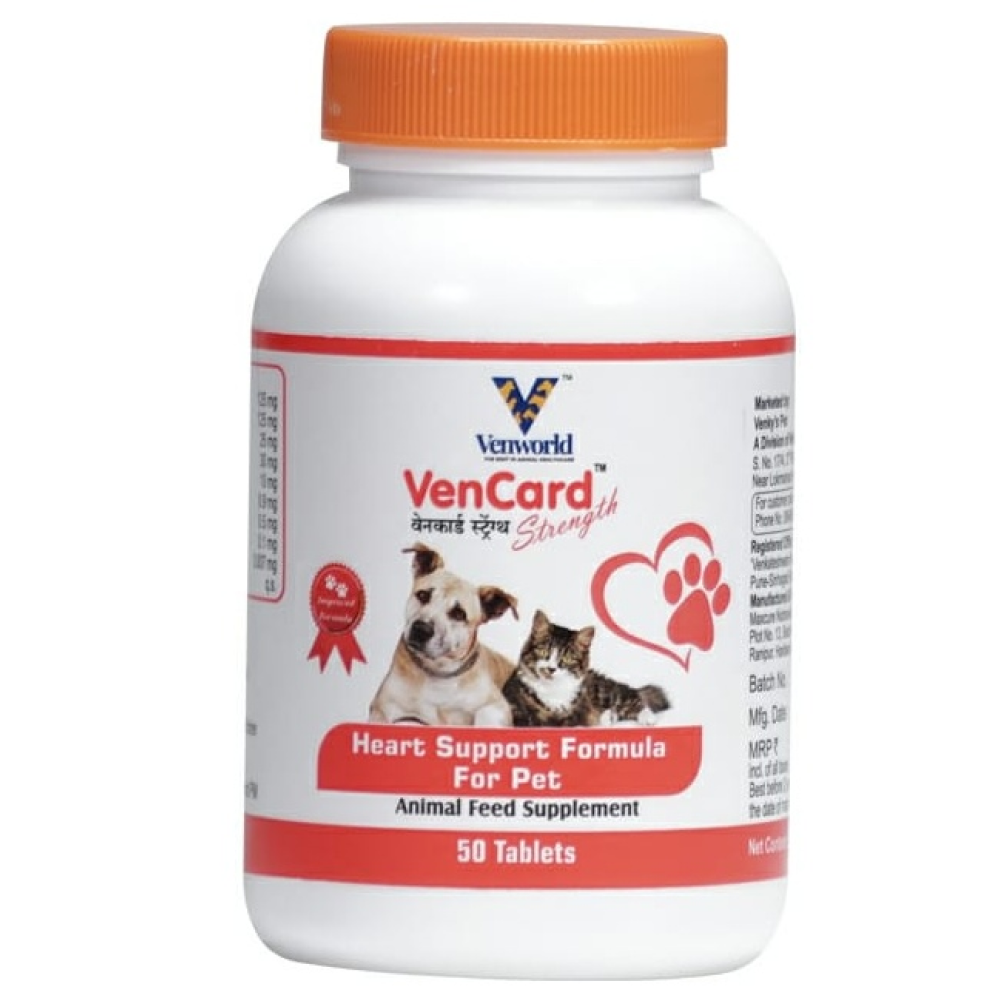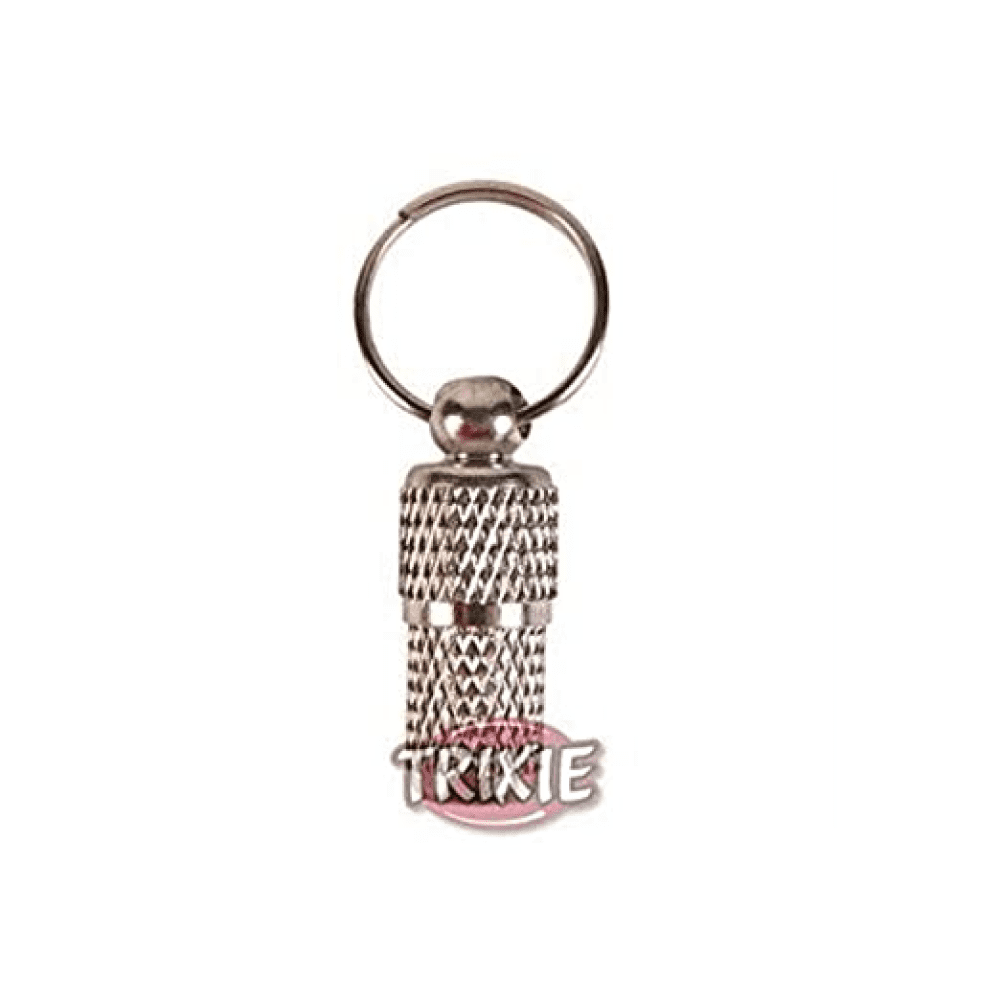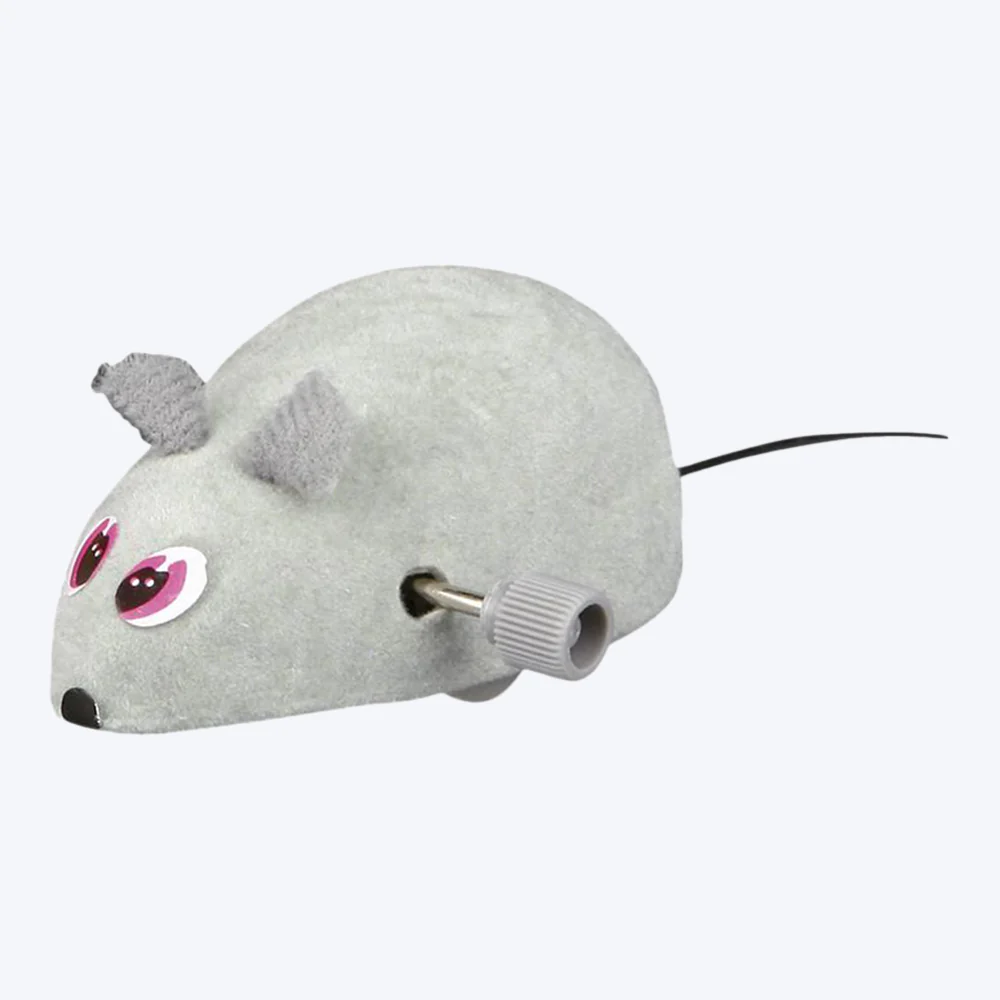_01112025_013504.jpg)
Rabbits are one of the cutest furry pets when it comes to small animals. And just like any other family member, these furry bundles of joy also need a proper diet and care to survive and thrive. But, is it just carrots that make up your bunny’s diet as shown in cartoons? Not really. Your rabbit needs a well- balanced diet to live a healthy and happy life. So, what foods to include in a rabbit’s meals and how to feed them? Let’s head down the rabbit hole to find out.
Read on to learn about creating a healthy rabbit food list, the ideal feeding proportions, and the foods to avoid feeding rabbits.
Rabbit food items
There is a variety of rabbit food items available including:
- Hay or grass from timothy, orchard grass, alfalfa, oat hay, etc.
- Leafy green vegetables and herbs like basil, beet greens, carrot tops, cilantro, celery leaves, cucumber leaves, mint, wheatgrass, parsley, chicory, etc.
- Non-leafy vegetables and fruits like carrots, bell peppers, broccoli, zucchini, apples, bananas, berries, beetroots, green beans, etc.
Creating a balanced diet
Rabbits, like humans, love their food and like to eat the whole time. Go for a controlled and balanced feeding to avoid obesity while meeting their nutritional requirements at the same time. Though there is no rule of thumb for an ideal proportion of each type of food, follow this generally accepted rabbit food pyramid to keep your bunny in the best of health:
-
85% of the daily diet: hay or grass
Hay is a staple food for rabbits. This rich-in-fibre and protein food helps keep the GI system of bunnies healthy and helps prevent hairballs and other blockages. Besides, a rabbit’s teeth continue to grow throughout their lifetime. Grazing on hay also helps grind your bunny’s teeth and spare them from dental issues due to teeth overgrowth. Rabbits should have access to an unlimited amount of hay. But, providing at least one bundle of good quality hay to your rabbit every day would be sufficient. The bundle should be as big as your bunny themselves.
-
10% of the daily diet: fresh leafy green vegetables and herbs
Leafy green vegetables and herbs provide the essential vitamins and minerals rabbits need for good health. Offer approximately 1 to 2 cups of leafy greens to your rabbit daily. Mix three to five different types of leafy vegetables and herbs to provide optimum nutrition and attract your bunny with an amalgamation of different textures and flavours. If you plan to add new variety to your rabbit’s diet, change the food gradually to avoid upset tummies.
-
5% of the daily diet: pellets and treats
Rabbit pellets mostly contain a combination of hay, plant protein, processed grain by-products, sugar, etc. These pellets are high in carbohydrates and can lead to heart problems and obesity in rabbits if fed in excessive amounts. Feed approximately 2 to 5 tablespoons of pellets a day to your rabbit and not more than that. Fruits like apples and bananas and high in sugar vegetables like carrots should also be given occasionally as treats, not more than once or twice a week.
-
Water: unlimited
Provide an unlimited amount of fresh and clean drinking water to your rabbit at all times to keep them hydrated. Consider your bunny’s preference while selecting the vessel. If your fur baby is comfortable drinking from a bowl, select a bowl that prevents spillage. If they prefer drinking from a bottle, clean the bottle and change the water regularly to maintain hygiene.
Life stage and dietary needs
Just like any other animal, rabbits also have age-specific nutritional needs. Consider your rabbit’s life stage while selecting the ideal food for them.
Young rabbits and pregnant and nursing rabbits benefit more from alfalfa hay as it is nutrient-dense and provides the calcium and protein they need for healthy growth and sustaining energy. You can also add more quantity of pellets to their diet. Whereas, for adult and senior rabbits, fibre-rich timothy or oat hay are more suitable options.
What to avoid
Here is a list of some of the foods that are harmful or toxic for rabbits and should be omitted from their diet:
- Onions & garlic
- Potatoes
- Rhubarb
- Avocadoes
- Chocolates
- Human treats
- Tomato leaves & stems
To conclude
Rabbits are little fur balls that surely become favourite pet members of the family in an instant. But they need a complete and well-balanced diet to grow optimally and to stay healthy and happy. The information provided in this article will help you select the best food and create a healthy diet for your bunny. And if you need more help at any stage, do not hesitate to get in touch with our rabbit-savvy veterinarian.
Cat Vaccinations Explained: The Purr-fect Guide to Keeping Your Feline Healthy
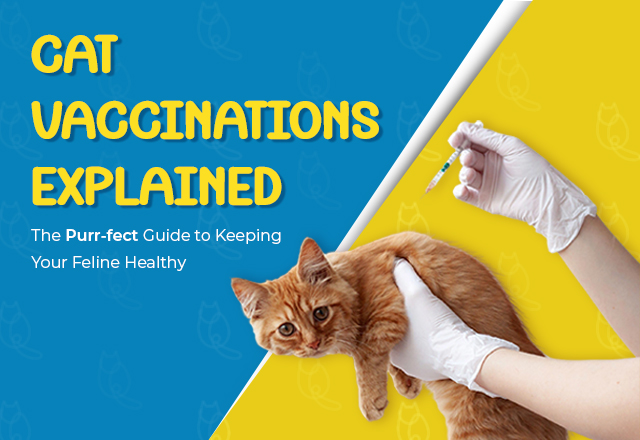
If you have just added a cute kitten to your family or adopted a rescued cat and need guidance for their vaccination, this article is for y...
Pawsandpaws | Apr 16, 2025How to Train Your Dog to 'Speak' on Command

Dog parents tend to speak to their dogs to communicate with them. But do you know that you can teach them to answer back? Training your dog...
Pawsandpaws | Apr 02, 2025
